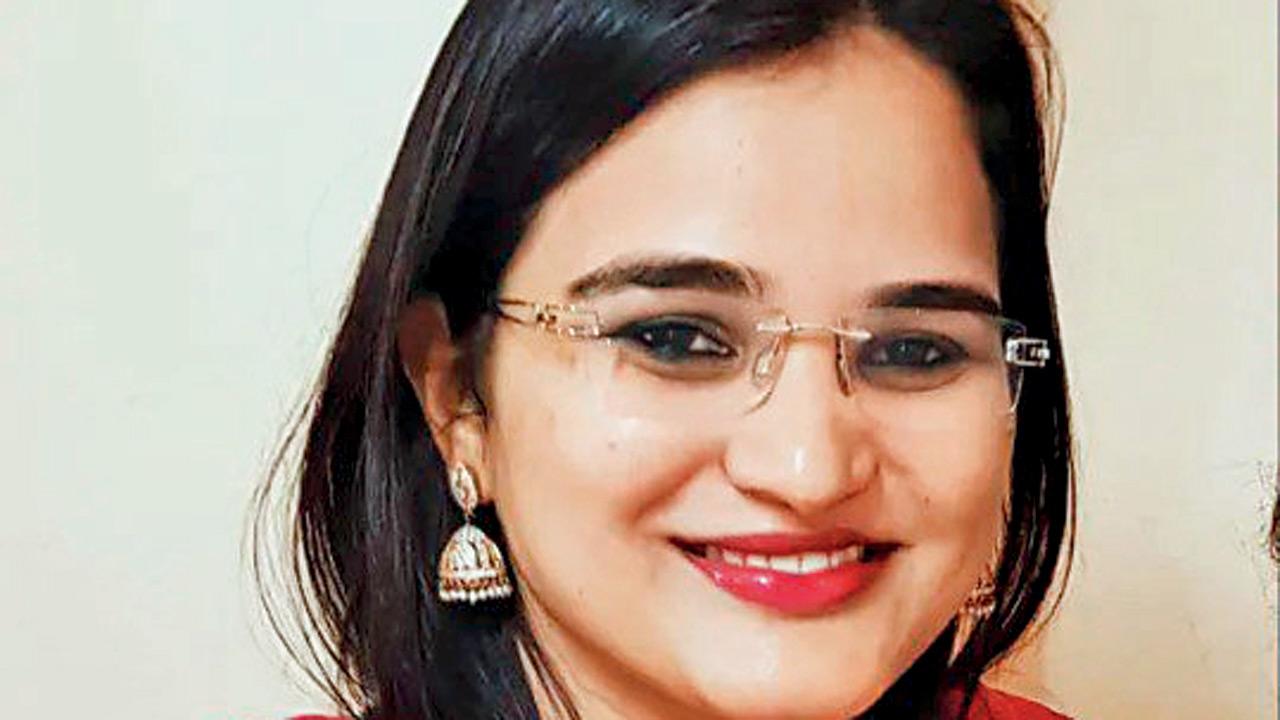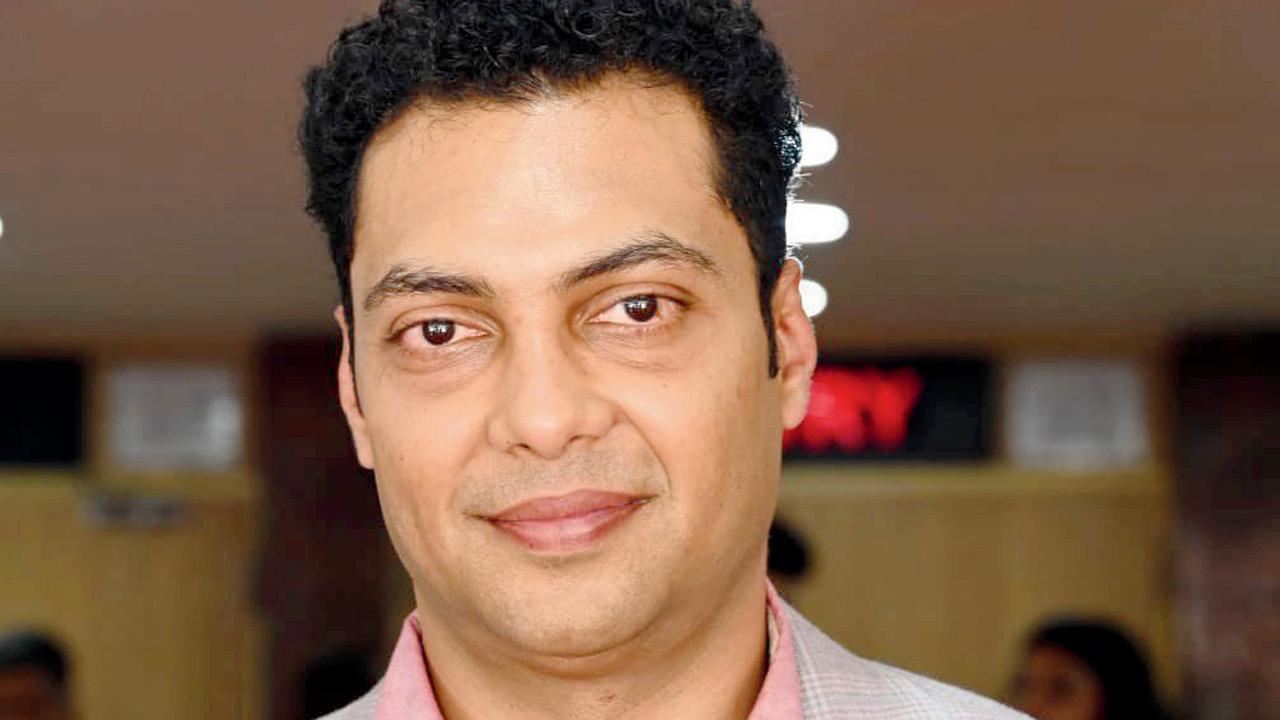Winning isn’t child’s play, especially at an early age. With 14-year-old Vaibhav Sooryavanshi’s catapult to fame in the ongoing T20 league, experts share how parents can keep young stars burning bright without burning out, in the first of a two-part series on handling fame at a young age

Vaibhav Sooryavanshi is the youngest centurion in T20 cricket. Pics/AFP
Vaibhav Sooryavanshi isn’t just the youngest player to score a century in Indian Premier League history; he’s also scored the second-fastest century in this T20 league cricket tournament. And he’s all of 14 years of age. But the Rajasthan Royals (RR) opening batter, Sooryavanshi isn’t the first player that the game has lapped up and tossed into the spotlight of fame, fortune and adulation. To quote a recent example, Prithvi Shaw, touted by many to be cricket’s boy wonder, found no takers in the 2024 season; instead the only headlines he made were for his lack of focus and indiscipline. Is it any surprise then that RR coach Rahul Dravid’s immediate response to Sooryavanshi’s success was to create a safety net that can help steer the young player away from distractions and help him achieve his full potential?

Parents must take care to praise the children’s efforts, curiosity and persistence, over their successes. Representation pics/istock
“In a world that applauds early success, the spotlight often shines the brightest on children whose talents surpass their years. While the applause may be loud, it often drowns out the quiet emotional needs of these young achievers. As a coach, I see this not only in my clients, but also in the way I raise my own daughter. And I firmly believe that brilliance must be balanced with grounding. Otherwise, early achievement can quietly distort a child’s sense of identity, self-worth, and social belonging. The real work lies in helping them define who they are —not just what they can do,” explains emotional intelligence coach, Dr Taylor Elizabeth. She points out that many children struggle with challenges such as equating being loved or accepted with their achievements, isolation with regards to their peers, as well as an often-paralysing fear of failing, disappointing, or falling short.
Creating the new normal

Taylor Elizabeth
Dr Nahid Dave, a psychiatrist at Thought Matters, says that most parents and caregivers of young achievers struggle with moderation: “The balance between appreciation and constructive criticism is important — you cannot be appreciative all the time, nor can you rationalise constant criticism and the mistaken belief that you are pushing your child to do better. The latter can be especially counterproductive as the child begins to strive constantly for validation and appreciation from his/her parents,” she explains. Additionally, she and Dr Elizabeth lay down the following guidelines for parents and caregivers:
1 Curtail social media: While a strong presence and following on social media can have monetary gains for such children, it is important for the account to be managed by the child’s parents or an external adult. “Children’s minds are very vulnerable to external influences, and they may not be able to understand the veneration and brutal brickbats that come with their public persona,” Dr Dave says.

Children can be vulnerable, especially on social media, and need to be guided by parents
2 Effort over outcome: Praise your child’s persistence, curiosity, or emotional courage, not just the win, advises Elizabeth. At the same time, remind them regularly that their value does not lie in applause. Say things like, ‘I love who you are — not what you do.’ This separates the person from the performance.
3 Emotional role-modelling: “If you’re overwhelmed, name it. If you’re proud, express it without inflating it. Children absorb not just our advice, but also our tone, presence, and behaviour,” Dr Elizabeth explains. She also asks that parents allow children to feel their full range of emotions: “Don’t rush to fix their loneliness, jealousy or sadness. Allow them to name it. Understanding emotion is a lifelong advantage.”

Dr Nahid Dave
4 A level playing field: If a child is excelling at a sport or another activity that used to be an interest and is now a career option, they must also be given the opportunity to break the monotony with another hobby that is just that — a hobby. “A non-gadget activity helps children to connect with their peers and find common ground. It also normalises the child to his/her peers to an extent and helps them to form meaningful friendships, without comparisons or competition,” Dr Dave adds.

Shashank Goenka
Shashank Goenka, founder and managing director of Finland International School, Mahalaxmi, observes that schools too have a part to play in creating a supportive ecosystem for early achievers. “Regular mentorship and a cohesive approach in tandem with parents can help children to feel understood and accepted. Student counsellors and coaches can ease the strain of ‘fitting in’ to quite an extent by helping children to better shoulder the burden of expectations without becoming overwhelmed,” he advises.
Mind over matter

David Reid
In his new illustrated book The Seven Secrets (HarperCollins), mental performance coach David Reid describes the strategies that cricket maestro MS Dhoni uses to stay calm on and off the field. Reid, who is now associated with the Chennai Super Kings team, says that these tools can also help children to better manage the stresses that are thrown their way by both life and sports. Sharing the importance of being present in the moment, Reid emphasises meditation as a powerful tool to achieve mindfulness and calm. Another method outlined in the book is to use slow, intentional breathing to ease performance anxiety before undertaking a difficult task, such as playing an important match. The book is available as a free resource for children and their parents on the website sevensecrets.in
 Subscribe today by clicking the link and stay updated with the latest news!" Click here!
Subscribe today by clicking the link and stay updated with the latest news!" Click here!








